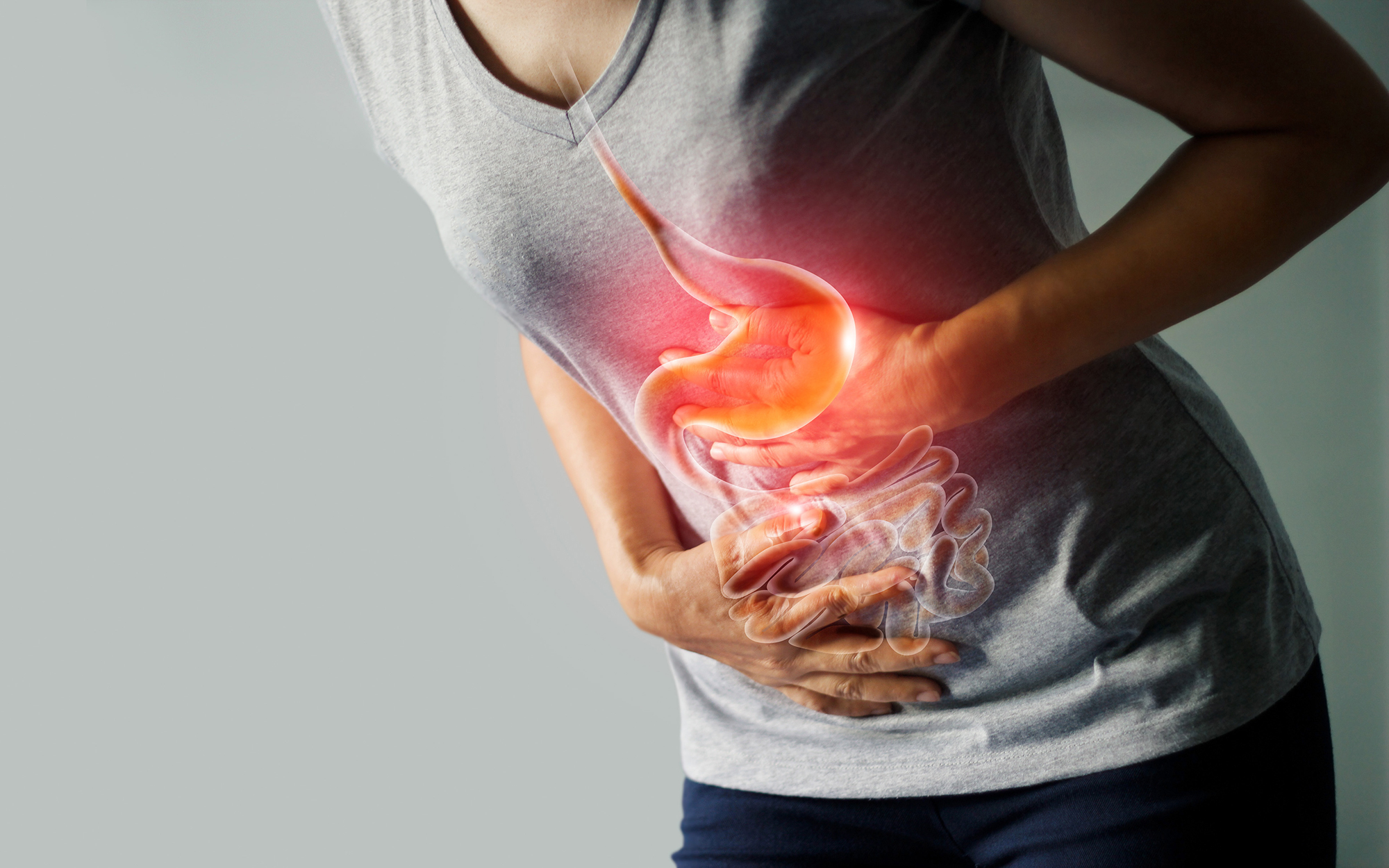What are the symptoms of water brash?
Water brash, also known as acid brash or watery brash, is a condition characterized by the sudden, excessive production of a watery fluid in the mouth. It is often associated with gastroesophageal reflux disease (GERD) and other gastrointestinal issues. Symptoms of water brash include:
- Excessive Salivation: An increase in saliva production, leading to a feeling of excessive wetness in the mouth.
- Sour or Acidic Taste: A sour or acidic taste in the mouth, which may be caused by stomach acid.
- Frequent Throat Clearing: A need to clear the throat frequently due to the sensation of fluid or irritation.
- Heartburn: A burning sensation in the chest or throat, often related to acid reflux.
- Regurgitation: The sensation of acid or food coming back up into the throat or mouth.
- Nausea: Feeling queasy or upset stomach, which can sometimes accompany the condition.
If you experience these symptoms regularly, it’s important to consult with a healthcare provider to determine the underlying cause and appropriate treatment.
What are the causes of water brash?
Water brash is typically caused by conditions that lead to excessive salivation and the reflux of stomach acids into the esophagus and mouth. Common causes include:
- Gastroesophageal Reflux Disease (GERD): A condition where stomach acid frequently flows back into the esophagus, causing irritation and excess saliva production.
- Peptic Ulcers: Sores on the lining of the stomach or small intestine can lead to acid reflux and water brash.
- Esophagitis: Inflammation of the esophagus, often due to acid reflux or infection, can trigger water brash.
- Hiatal Hernia: A condition where part of the stomach pushes through the diaphragm into the chest cavity, potentially leading to acid reflux and water brash.
- Achalasia: A disorder where the lower esophageal sphincter fails to relax properly, causing difficulty swallowing and potential acid reflux.
- Infections: Certain infections of the mouth or throat can lead to increased saliva production and a sensation of water brash.
- Medications: Some medications may contribute to increased salivation or reflux symptoms.
If you’re experiencing symptoms of water brash, identifying and addressing the underlying cause with the help of a healthcare provider is essential for effective management and treatment.
What is the treatment for water brash?
The treatment for water brash focuses on addressing the underlying cause and managing symptoms. Here are some common approaches:
- Lifestyle Modifications:
- Dietary Changes: Avoid foods and beverages that trigger acid reflux, such as spicy foods, citrus, chocolate, caffeine, and alcohol.
- Eating Habits: Eat smaller, more frequent meals rather than large meals. Avoid eating close to bedtime.
- Weight Management: If overweight, losing weight can help reduce pressure on the stomach and decrease reflux symptoms.
- Elevating the Head: Sleeping with the head of the bed raised can help prevent nighttime acid reflux.
- Medications:
- Antacids: Over-the-counter antacids can neutralize stomach acid and provide temporary relief.
- H2-Receptor Antagonists: These reduce acid production and are available over-the-counter or by prescription (e.g., ranitidine, famotidine).
- Proton Pump Inhibitors (PPIs): These are more potent acid reducers and are used for more severe cases (e.g., omeprazole, esomeprazole).
- Prokinetics: Medications that help improve the movement of the digestive tract (e.g., metoclopramide) may be prescribed in some cases.
- Treatment for Underlying Conditions:
- Gastroesophageal Reflux Disease (GERD): Treating GERD with lifestyle changes and medications as described above.
- Peptic Ulcers: Managing peptic ulcers with medications to reduce stomach acid and, if necessary, antibiotics to treat infections.
- Hiatal Hernia: Treatment may include lifestyle changes and medications; surgery might be considered for severe cases.
- Avoiding Triggers: Identifying and avoiding specific triggers that exacerbate symptoms can help manage water brash.
If symptoms persist or worsen despite treatment, it’s important to consult a healthcare provider for a more detailed evaluation and tailored treatment plan.

Leave a Reply
You must be logged in to post a comment.